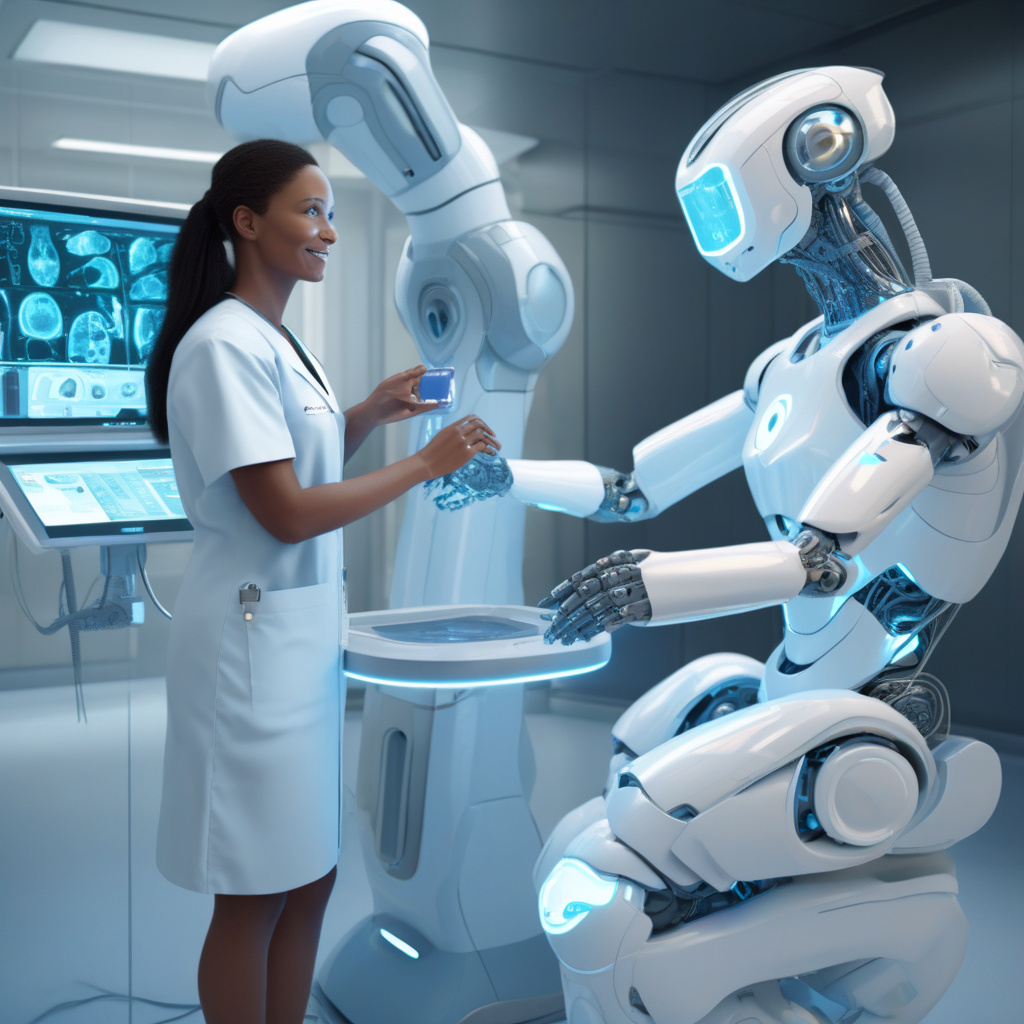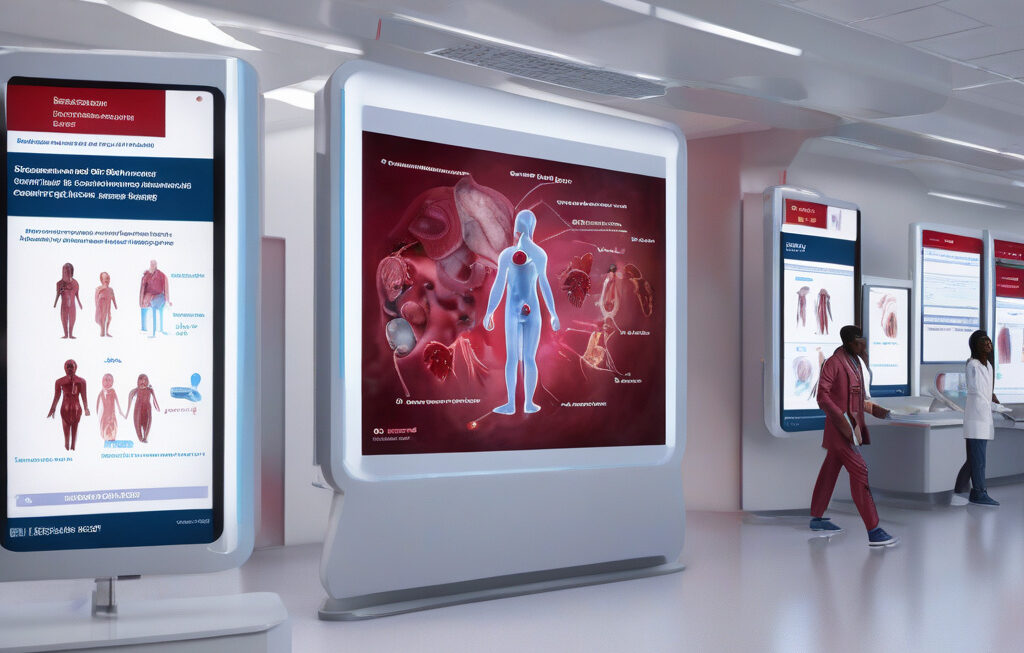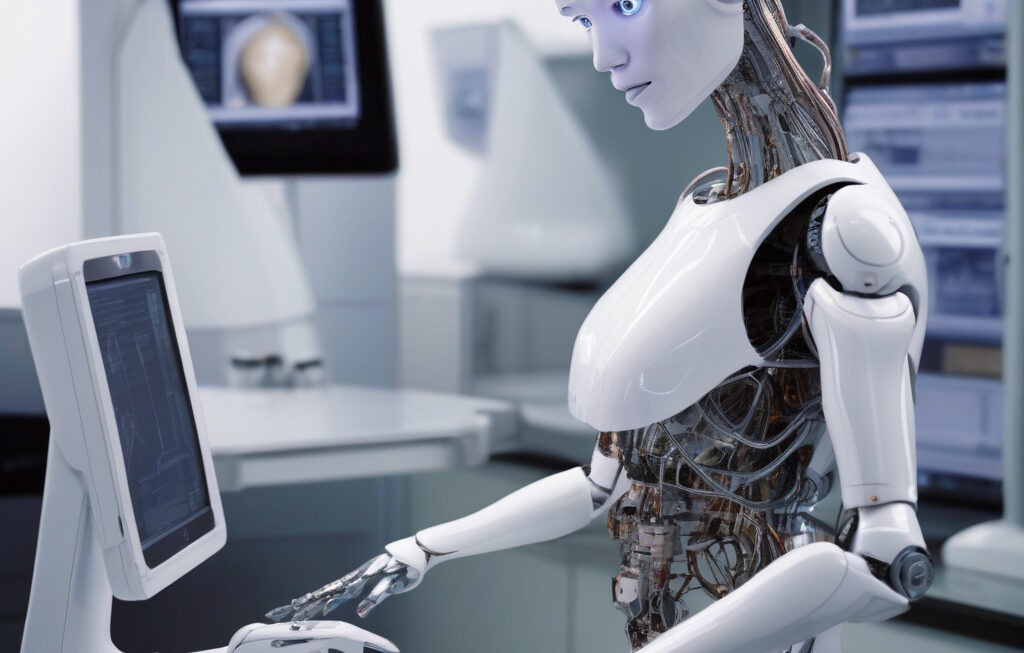Nurabot: Revolutionizing Healthcare with AI-Assisted Nursing Support
In the ever-evolving landscape of healthcare, technology continues to play a crucial role in enhancing patient care and improving operational efficiency. The smart hospital market is witnessing significant growth, with AI-assisted robots at the forefront of innovation. One such groundbreaking development is Nurabot, a cutting-edge robotic system designed to assist nurses with routine tasks, thus revolutionizing the way healthcare services are delivered.
With the global healthcare industry facing workforce shortages and the increasing demands brought about by an aging population, the need for technological solutions has never been more pressing. Nurabot steps in to alleviate some of these challenges by offering support to nurses in their daily responsibilities. From monitoring vital signs to dispensing medication and assisting with patient mobility, this AI-powered robot enhances the efficiency of healthcare facilities while ensuring that patients receive the attention and care they require.
One of the key advantages of Nurabot is its ability to perform repetitive and time-consuming tasks with precision and consistency. By automating routine duties, nurses can focus on more complex aspects of patient care, ultimately improving overall outcomes. For example, Nurabot can conduct regular rounds to check on patients, freeing up nurses to engage in direct interactions, build rapport, and provide emotional support – crucial components of holistic care that can positively impact patient recovery.
Moreover, Nurabot is equipped with advanced sensors and data analytics capabilities, allowing it to collect and analyze patient information in real time. By continuously monitoring vital signs and detecting any deviations from normal parameters, Nurabot can alert healthcare providers promptly, enabling early intervention and potentially preventing adverse events. This proactive approach to patient care not only enhances safety but also contributes to a more efficient healthcare system.
In addition to its clinical functions, Nurabot serves as a valuable resource for nurses in terms of information retrieval and communication. With access to vast databases of medical knowledge and protocols, Nurabot can provide instant assistance to nurses seeking guidance on procedures, medications, or treatment plans. Furthermore, the robot can facilitate communication among healthcare team members, ensuring seamless coordination and collaboration in delivering patient care.
The integration of Nurabot into healthcare settings represents a significant step towards embracing technology to address current and future challenges in the industry. By leveraging AI and robotics, healthcare facilities can optimize their operations, improve resource allocation, and enhance the overall quality of care provided to patients. As the smart hospital market continues to expand, solutions like Nurabot are poised to become indispensable assets in the healthcare ecosystem.
In conclusion, Nurabot stands as a prime example of how AI-assisted robots are reshaping the landscape of healthcare delivery. By supporting nurses in their daily tasks, enhancing patient monitoring, and promoting efficient communication, Nurabot exemplifies the potential of technology to drive positive change in the industry. As healthcare organizations strive to meet the demands of an evolving landscape, embracing innovations like Nurabot will be instrumental in ensuring high-quality care for all patients.
healthcare, AI, robotics, nursing, technology












